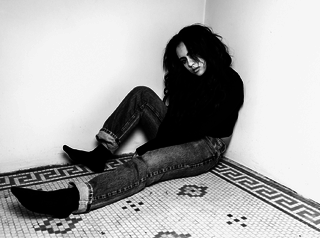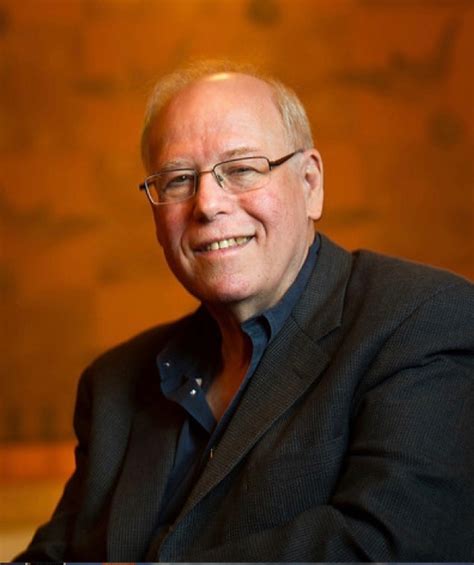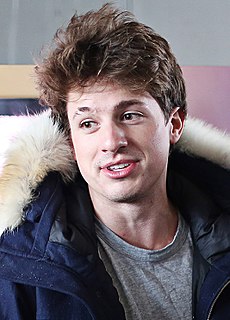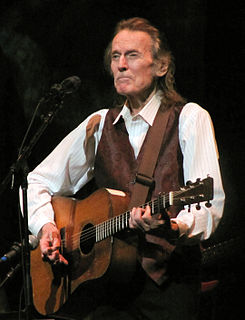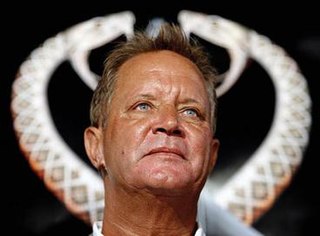A Quote by Joni Mitchell
I wrote 'Big Yellow Taxi' on my first trip to Hawaii. I took a taxi to the hotel and when I woke up the next morning, I threw back the curtains and saw these beautiful green mountains in the distance. Then, I looked down and there was a parking lot as far as the eye could see, and it broke my heart this blight on paradise. That's when I sat down and wrote the song.
Related Quotes
I remember getting my first cell phone in New York, getting into a taxi and thinking "This is the end of solitude in the back of a taxi." What used to happen in the back of a taxi? You looked out the window. My brain has become less able to spend lengths of time without shifting, and I worry about that.
When I came to Detroit, if you threw a stone up in the air it would hit an autoworker on its way down. A few years after that, if you threw a stone in the air it'd hit an abandoned house or a vacant lot on its way down. And most people saw those vacant lots as blight. But meanwhile during World War II, blacks had moved from the South to the North. And they saw these vacant lots as places where you could grow food for the community. And so urban agriculture was born.
I think that one morning, the Papess woke in her tower, and her blankets were so warm, and the sun was so golden, she could not bear it. I think she woke, and dressed, and washed her face in cold water, and rubbed her shaven head. I think she walked among her sisters, and for the first time saw that they were so beautiful, and she loved them. I think she woke up one morning of all her mornings, and found that her heart was as white as a silkworm, and the sun was clear as glass on her brow, and she believed then that she could live, and hold peace in her hand like a pearl.
When I wrote my first film and then directed it and I looked at it for the first time on what's called an assembly, you look at this movie which is every scene you wrote, every line of dialogue you wrote and you want to kill yourself the minute you see it. It's like, 'How did I write something so horrible?'
Well, that covers a lot of ground. Say, you cover a lot of ground yourself. You better beat it - I hear they're going to tear you down and put up an office building where you're standing. You can leave in a taxi. If you can't get a taxi, you can leave in a huff. If that's too soon, you can leave in a minute and a huff. You know, you haven't stopped talking since I came here? You must have been vaccinated with a phonograph needle.
The secret of it all, is to write in the gush, the throb, the flood, of the moment – to put things down without deliberation – without worrying about their style – without waiting for a fit time or place. I always worked that way. I took the first scrap of paper, the first doorstep, the first desk, and wrote – wrote, wrote…By writing at the instant the very heartbeat of life is caught.




